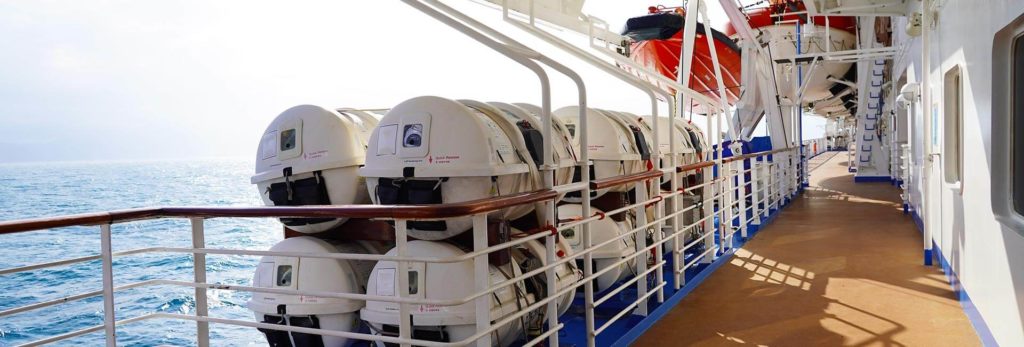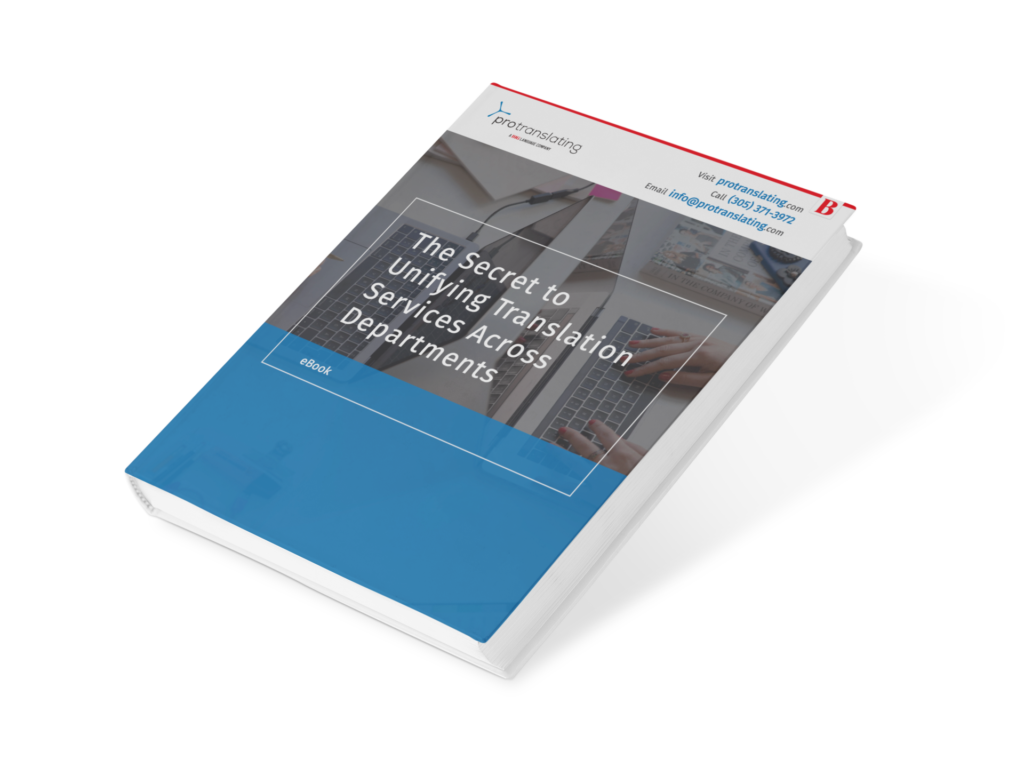As the COVID-19 coronavirus pandemic has forced widespread business restrictions and closures across nearly every major industry, travel and hospitality have been particularly hard-hit. With the summer vacation season fast-approaching, non-essential travel has become virtually non-existent. Concern about cruise safety and sanitation, meanwhile, has forced every major cruise ship to cancel its itinerary and sit idle in port.
This temporary disruption of cruise lines isn’t stopping those businesses, or their travelers, from making plans for the future. Bookings for cruises running in 2021 are already up 40 percent from what the industry saw in 2019, suggesting that travelers are eager to return to the open water. With many cruise lines planning to resume activities later this year, those companies are currently in planning mode to implement changes to improve safety for their guests.
As part of those changes, cruise companies will need to communicate with travelers to educate them on important policy changes and other safety protocols, including what they can expect when boarding and disembarking, and how onboard operations may be changed. Effective passenger education will require a number of new educational materials, including website content, mailed paperwork, and instructional videos—all of which must be translated and adapted for an international, multilingual audience.
Here are just a few of the possible changes passengers will need to know about.
Temperature Checks and Boarding Procedures
Any new guidelines for safe cruise operations are likely to include new requirements for checking passengers as they board a cruise ship. The Cruise Lines International Association (CLIA) is working with Carnival Cruise Line, Royal Caribbean International, Norwegian Cruise Line, and other major cruise companies to implement more stringent boarding procedures, which could include temperature checks for all passengers as they arrive.
In addition, older travelers could be asked to carry “fit to travel” documents from doctors saying they’re in good health and it’s safe for them to be traveling at that time. Passengers will need to have a clear understanding of these guidelines before they arrive in port to board their cruise ship—otherwise, cruise companies will be faced with very long lines to board, and unhappy customers who don’t meet the criteria to board.
Onboard Sanitation
A number of new onboard sanitation procedures will likely be implemented to limit the potential spread of infectious materials, thereby reducing the risk of contracting an illness. These changes could range from simple rules for crew about washing hands regularly during a shift, to installing new high-tech air filtration systems that pull infectious material out of the air.
Some of these changes won’t directly change the passenger experience, but they still need to be communicated to customers to improve their comfort and peace-of-mind when on board. But other sanitation measures will require the participation of both passengers and crew—and everyone will need to be acquainted with those new expectations.
Changes to the Cruise Dining Experience
One of the most radical expected changes to the cruise ship experience will be seen in the dining experience. The buffets commonly found on cruise ships may be eliminated or modified to prevent the spread of germs, with crew-manned serving stations and other plated and prepackaged meals taking their place.
With formal dining rooms, maximum capacity limits may be lowered to spread out diners in the space. This could create limitations for passengers seeking reservations, so some advance notice will be necessary to give passengers time to prepare for changes.
eMustering
The mustering process is important for the safety of both passengers and crew, providing critical information on the safety procedures to follow during an emergency. To limit the crowding during the mustering process and to increase the amount of education and preparation delivered to passengers, some cruise lines may develop eMustering processes that deliver training videos and other educational materials to passengers in advance of their trip.
Given the broad languages that may be spoken among both passengers and the crew, these eMustering materials will need to be translated into many different languages to ensure the safety messaging can reach every individual on board.
Reduced Sailing and Amenity Capacity
In addition to lowered capacity for cruise ship dining rooms, overall cruise ship capacity may also be affected. In addition, certain amenities and experiences commonly found on cruise ships may be limited or withheld from passengers out of an abundance of caution. E.g., onboard swimming pool and hot tub capacity may be limited and certain events such as dances may be canceled to avoid close contact with other passengers in a confined space.
Modified or Limited Shore Excursions
As cruise sailings dock as ports of call, onshore activities may also be affected. The number of onshore visits may be reduced on certain voyages, which will mean more time spent on the ship.
Certain local communities that receive visits from cruise ship lines may have increased worries or restrictions about offering excursions to cruise ship passengers, so certain excursions may not be offered, or might be limited in their capacity. Ship passengers need to be informed of these changes ahead of time and prepared for the possibility that certain excursions could be changed or canceled at the last minute due to safety concerns.
If your cruise ship or travel company is making plans for how to resume operations in the future, effective communication and education are essential. Travelers from around the world need access to videos and other materials that provide important safety information in their native language. Contact Protranslating today to find out how our translation services can help your business return to action in the safest way possible.







